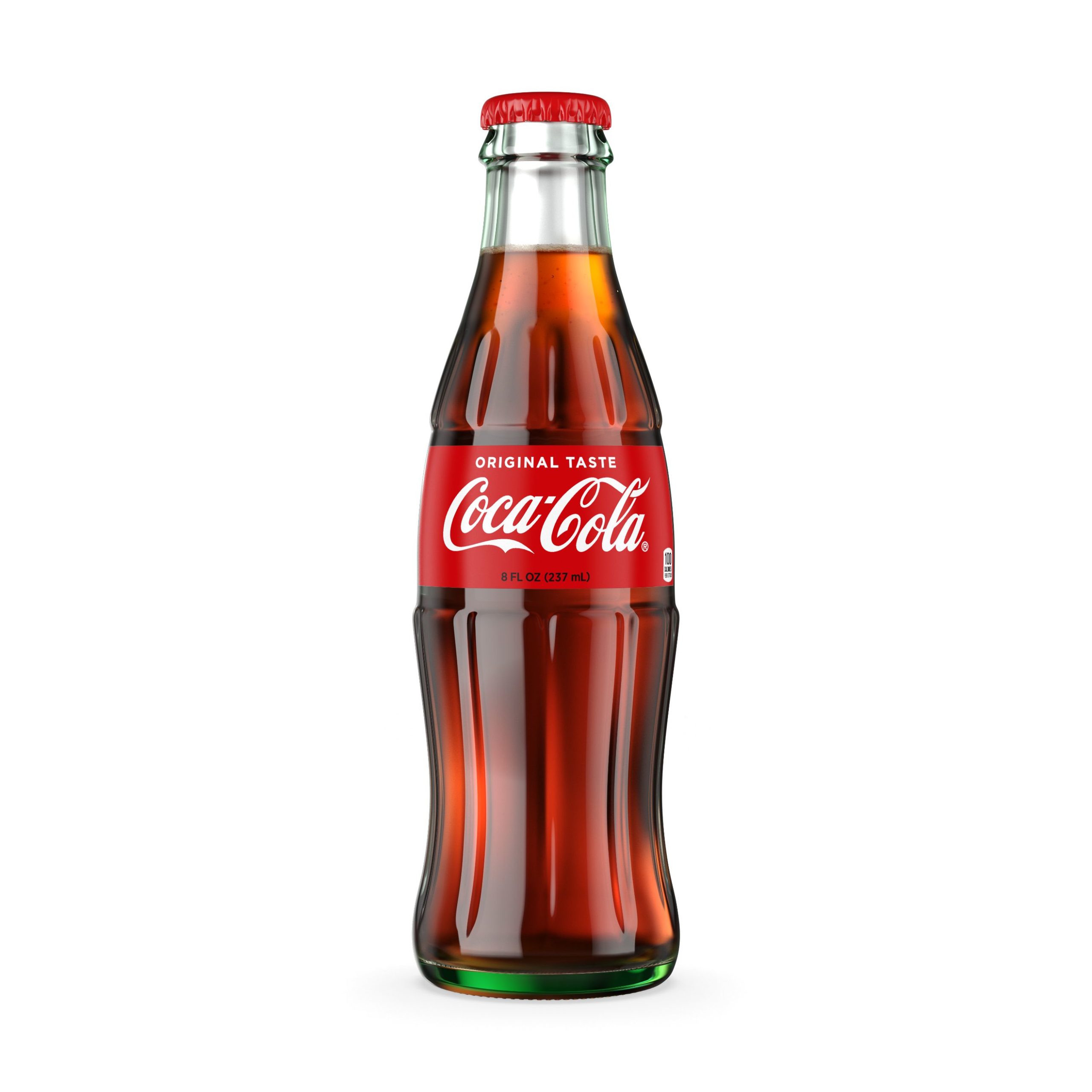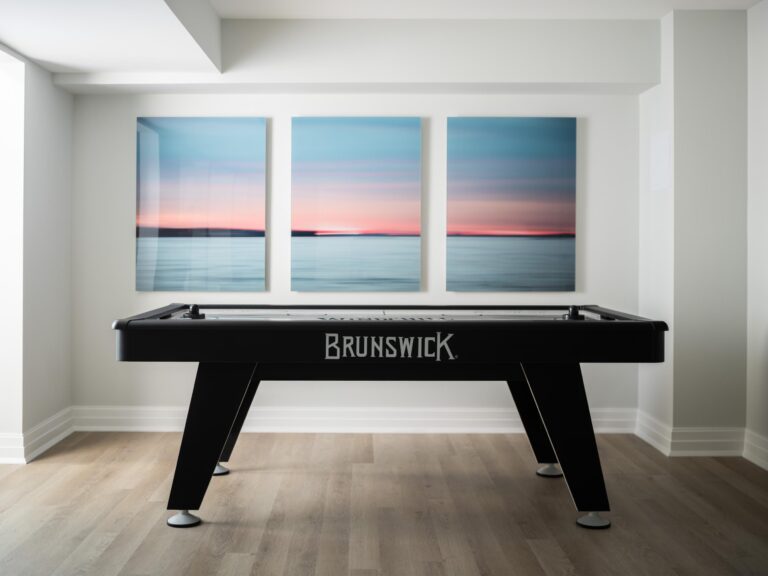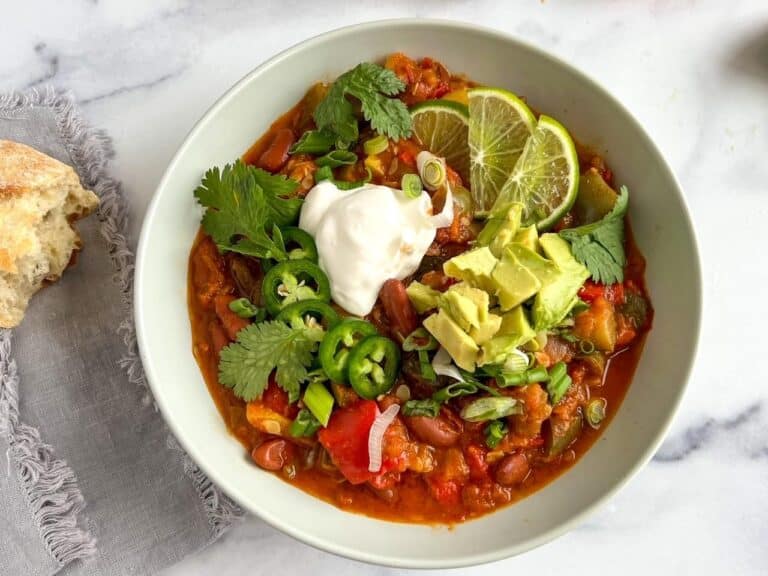The next time you reach for a beverage—an ice-cold soda, maybe, or a refreshing juice—you can make a toast to Paul Mulligan and Fran McGorry. Chances are, the bottle or can in your hand is a product of their efforts: they’re the co-owners and CEOs of Liberty Coca-Cola Beverages, a locally owned Coca-Cola franchise that covers parts of the Northeast. However, their portfolio extends far beyond Coke, to some 50 other iconic names, including Seagram’s Ginger Ale, Honest Tea, Vitamin Water and Minute Maid Juices to Go.
It takes skill and experience to manage such a large empire with so many moving pieces. “Our territory covers 28 million customers and we have about 38 hundred associates,” says Mulligan. In all, Liberty Coca-Cola sells about 91 million cases of beverages per year. Yet far from being a soulless corporation, McGorry and Mulligan strive to make their enterprise a grass-roots venture: “We’re trying to build a local, family-style organization,” Mulligan explains. On the 134th anniversary of Coca-Cola’s founding, the two men reflected on what makes their company unique and poised to face Coke’s next century.
BOTTOMS-UP MANAGEMENT
While McGorry and Mulligan may hold the top titles within their company, their management style makes them the least lofty people in its overall structure. “We’ve turned the pyramid upside down, and we sit on the bottom,” Mulligan says. “We have a slogan, ‘You either sell, or help to sell.’ So you’re either out with customers selling every day, or, in our organization, if you’re not doing that day-to-day, then you should be helping someone who is. Fran and I sit on the pyramid’s bottom. Our job is basically to help our direct reports so that they can help others sell or help to sell. That way, we think that titles are not that important for us.”
Of course, supporting Liberty Coca-Cola’s foundation requires a rock-solid partnership, which is exactly what McGorry and Mulligan have. Both took a highly individual path to where they are today, bringing with them extensive knowledge and insight. McGorry has been with the Coca-Cola system for 33 years, starting at the Philadelphia Coca-Cola bottling company. In 1997, after working his way up the ladder there, he relocated his family to Monroe, CT, to become Coca-Cola’s New York Account Group Comptroller. After several years, the Philadelphia franchise beckoned once more, and he returned there to be its CFO.
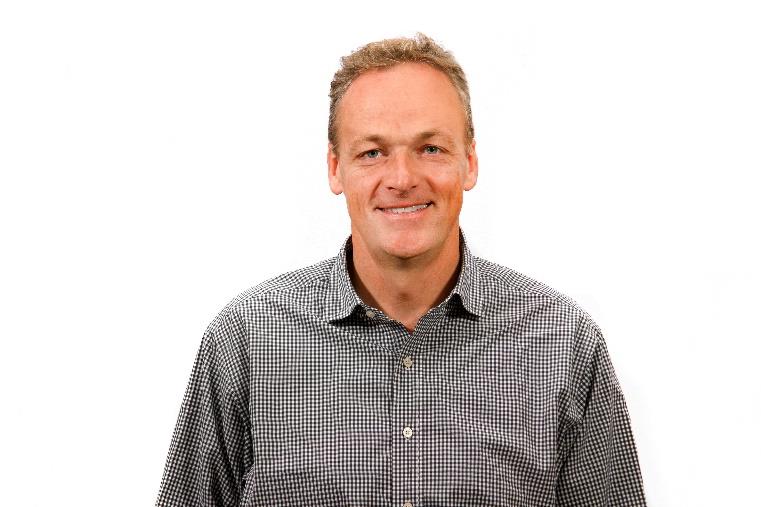
Paul Mulligan 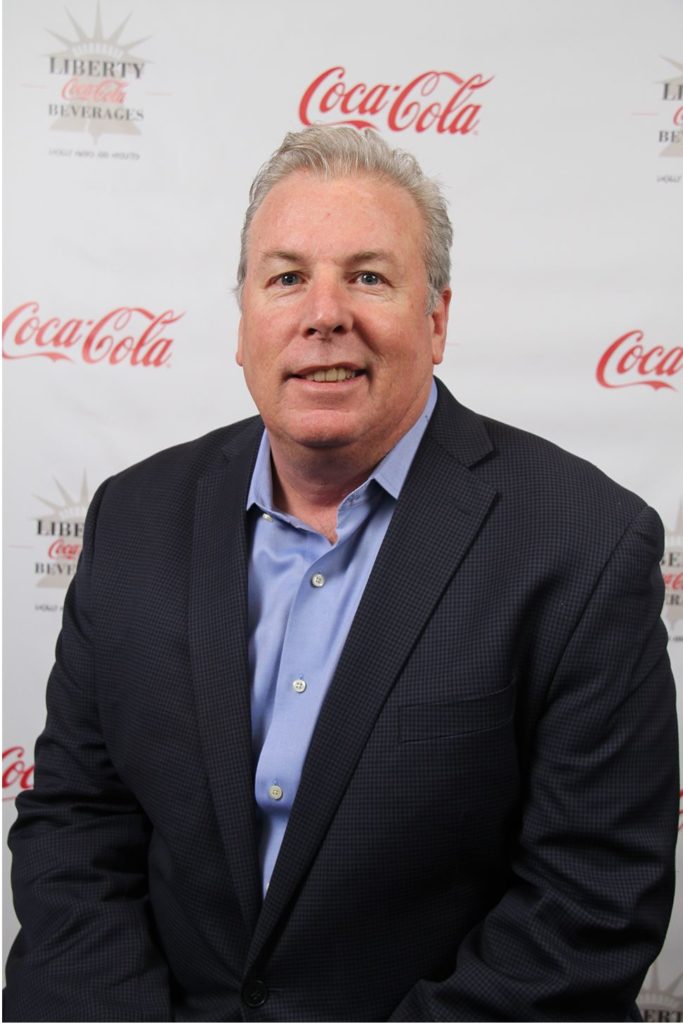
Fran McGorry
It was there that McGorry met Mulligan, who had taken his own, more winding path to the City of Brotherly Love. After college, he worked as a CPA at KPMG. Though he never intended to relocate to Romania, that’s exactly what happened. And it would change his life. In Romania, Mulligan met some Coca-Cola employees and eventually joined the company. He spent eight years building out manufacturing plants, distribution centers, putting in IT systems, and recruiting sales forces. He would go on to run the business in Bulgaria and Switzerland before moving to Atlanta. There, he joined Coca-Cola’s Investment Bottling Group and later, he served as president of Coca-Cola Refreshments, overseeing the company’s North American bottling operations. Then, the opportunity of a lifetime arose. The northeast sales territory came up for grabs. And they got it.
A VALUES-DRIVEN OPERATION
Liberty Coca-Cola has been operating since October 2017. Mulligan now resides in New York, while McGorry is in Philadelphia. The company boasts eight sales and distributions centers throughout New York, New Jersey and Philadelphia, as well as three production centers, the largest of which is in Elmsford, NY.
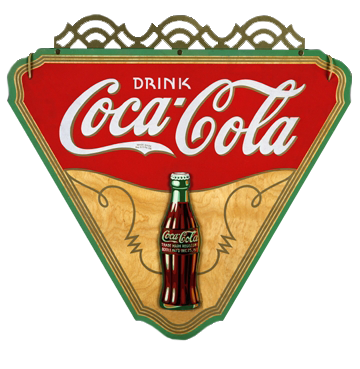
Liberty’s success, McGorry and Mulligan believe, stems from its founding principles. Ultimately, they designed their purpose around the word “liberty.” “The ‘L’ is for local: we’re a local company. We live and work in our community, really, in our franchise,” McGorry says. “The ‘I’ is for investing—we invest for long-term growth and in our people’s careers. We also invest for innovation. The ‘B’ is for brands; we have unbelievable brands for all consumers, all channels. ‘E’ is for empowerment. We want our people to be empowered to do the right thing in our communities. The ‘R’ is for results—we’re here to win in the marketplace…the Northeast is a pretty gritty, tough market. Our folks need to be out there in the marketplace with our consumers. The team is the ‘T’ in Liberty. Basically we all want to operate as one team, with one goal; we’ve all got skin in the game. We use this nomenclature ‘collective genius,’ that not one of us knows all the answers, but if you get 10 different diverse backgrounds, you’re going to come up with a better answer. That could be not even internally—it could be external people, or customers, or people in the government. The more input and diverse backgrounds, you’ll always come out with a better answer.” Then comes Y: “That’s ‘you’,” McGorry says. “We tell our associates it’s up to them, and we have a saying, ‘If it is to be, it is up to me.’ That is, ‘You’re empowered to take the initiative to go and do something.’”
GIVING BACK DURING COVID
Mulligan takes pride in how Liberty lives up to its claim of being a local company at heart. “We’re part of this community and we care about this community well beyond selling bottles of Coke,” he says. “We could not be more proud, nor more inspired, by how our team has handled the whole recent pandemic. To date, we have donated over 250,000 bottles of hydration to different hospitals and customers, supporting meal programs, supporting the essential workers. That’s what we’re about. That goes back to your grassroots. What do we really, really care about?”
FUTURE PLANS
The pandemic is affecting many companies and Liberty is no exception. “It’s probably too early to say definitively what the changes will be, but some of the things that are happening today, like home deliveries and the whole e-com space, have just expanded beyond anybody’s belief,” says McGorry. “A big one for us is cyber security. It was [important] before the pandemic and is even more important now, because there are people that are going to take advantage of the situation. We’re going to go more cashless in the future with our customers..”
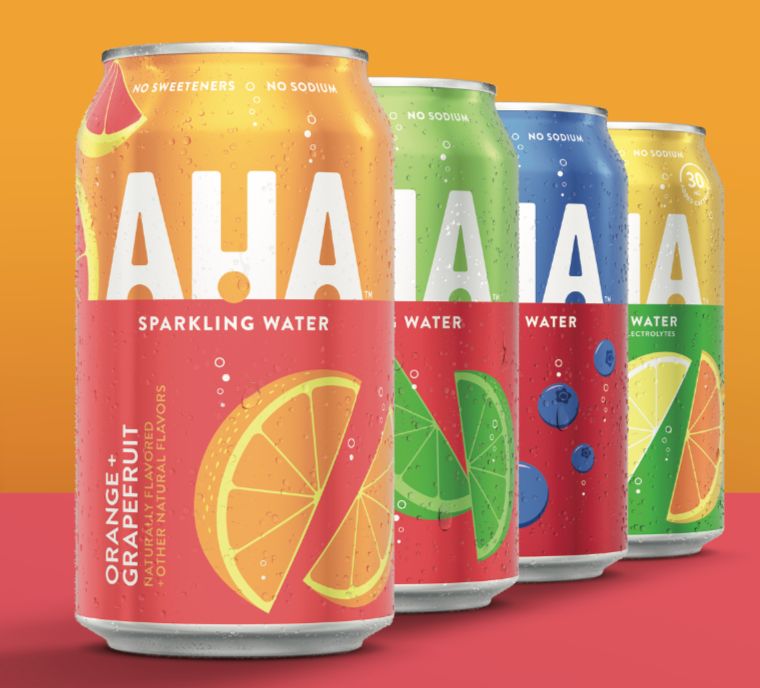
One aspect of the future that doesn’t faze them is the supposed trend away from soda. “Frankly, we’ve seen a growth in Coca-Cola,” McGorry says. “Our Coke business grew at a rate of almost four percent last year and is trending up through the first quarter almost six percent.” He credits this to different package sizes, including mini cans. Coke Zero, in fact, grew 9 percent last year.
“We want to be part of the local solution [to concerns around sugar] because that is an issue,” says Mulligan. “We don’t cause the issue, but we do play a role, just like food, just like lack of exercise, etc. We want to be proactively helping address any issue in our local market. That’s why we made the conscious decision to expand our portfolio. We sell an enormous amount of brands beyond sodas that have no and low sugar content.”
And more beverage options are coming down the line. Among them is the recently launched Coke Energy, which has the benefits of energy drinks, but with the taste of Coke. Another new product, AHA, is a flavored sparkling water. While the pair decline to name any upcoming products, they predict one thing: they will be devoted to helping the community. “That is why we exist, because we want to proudly serve our local communities for the next 134 years,” Mulligan says.

